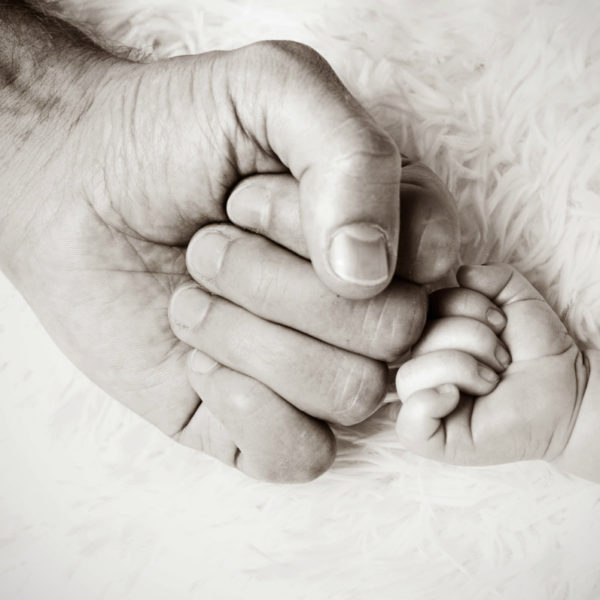Fatherhood in the 21st century has evolved dramatically, shaped by shifting cultural norms, advancements in technology, and changing societal expectations. Gone are the days when fathers were predominantly seen as breadwinners and distant figures in child-rearing. Today, fatherhood is defined by a more inclusive, active, and engaged approach, where fathers are expected to be both emotional nurturers and providers. This new era of fatherhood is about navigating change and embracing growth in personal relationships, gender roles, and the responsibilities that come with being a father.
In recent decades, there has been a noticeable shift in how fatherhood is perceived. Modern fathers are more involved than ever in the day-to-day care of their children, from feeding and changing diapers to attending parent-teacher meetings and offering emotional support.
This shift is not just a matter of personal choice, but also a societal evolution. Increasingly, fathers are encouraged to balance their professional and family lives, challenging outdated notions of masculinity and fatherhood.
The focus has moved from providing financially and being emotionally distant, to nurturing, bonding, and showing vulnerability. Many fathers today actively engage in parenting tasks traditionally associated with motherhood, and the positive impact of this on children's emotional and psychological development is becoming more evident.
Technology plays a significant role in the evolving landscape of fatherhood. With the rise of social media and digital platforms, fathers can now access resources, communities, and networks that support their journey. Dads can easily find advice, share experiences, or connect with other fathers, offering an unprecedented sense of solidarity and shared wisdom.
These digital spaces help fathers who may feel isolated or unsure of their role to gain confidence and insights. The internet also offers access to a wide range of parenting styles and ideas, enabling fathers to create their own unique approach to fatherhood that fits their family dynamic.
However, as fatherhood in the 21st century evolves, it also comes with its challenges. Many fathers face pressure to maintain a successful career while being hands-on with their children. In an era of rising cost of living, balancing work and family responsibilities can be overwhelming. Societal expectations often put pressure on fathers to achieve financial success while also remaining emotionally present at home. This balancing act can lead to stress, burnout, and an underlying feeling of inadequacy for some men, who may struggle with finding harmony between their professional and personal lives.
Fatherhood today is not only about the demands placed on fathers, but also about the opportunity for growth. It offers the chance for fathers to redefine their relationships with their children, to be more than just disciplinarians or providers, but to become emotionally present role models. The modern father is encouraged to communicate openly with his children, teach them emotional intelligence, and lead by example. Fathers who embrace these roles often experience deeper, more fulfilling relationships with their children, and they also set a progressive precedent for future generations.
In conclusion, fatherhood in the 21st century is characterized by its evolving nature. Fathers today are navigating a landscape of rapid societal change, where traditional gender roles are being redefined and new challenges arise. While there are pressures and obstacles to face, there is also great potential for growth and fulfillment. Modern fathers have the opportunity to shape their relationships with their children in profound and meaningful ways, embracing a more holistic approach to parenting that transcends the old paradigms of fatherhood. The journey of fatherhood is no longer just about fulfilling a role; it is about growing with and alongside the family, adapting to change, and being an active, positive force in the lives of their children.

